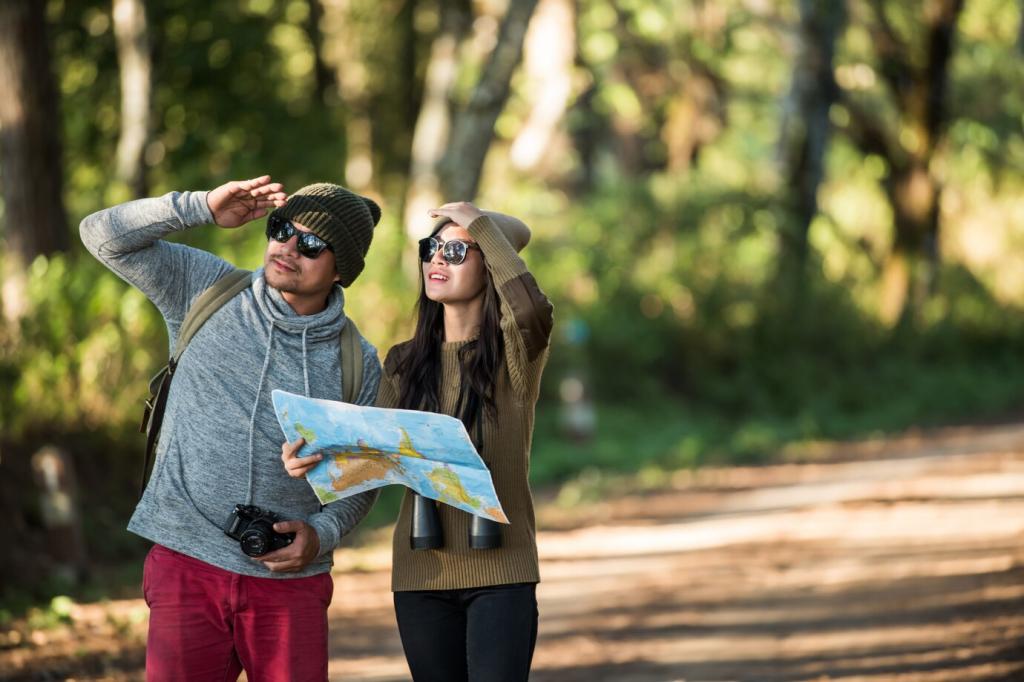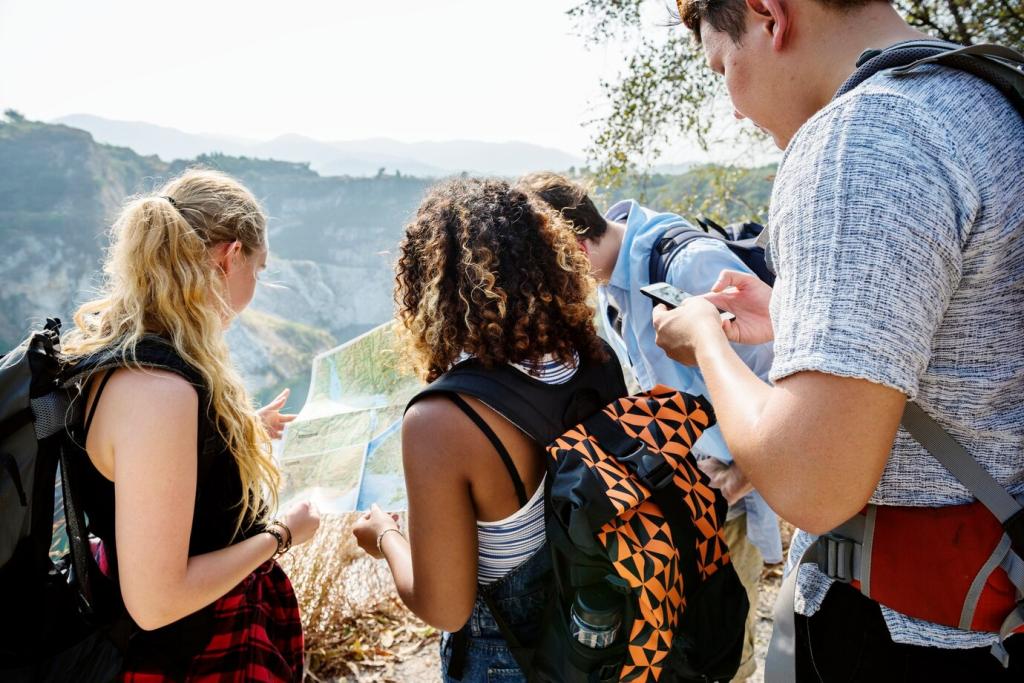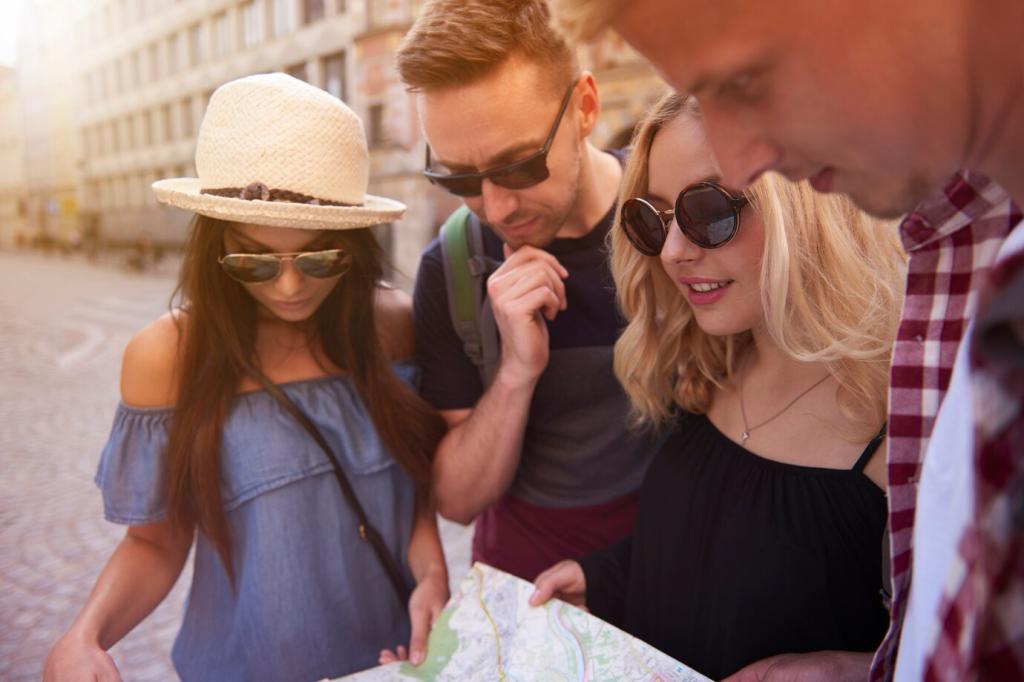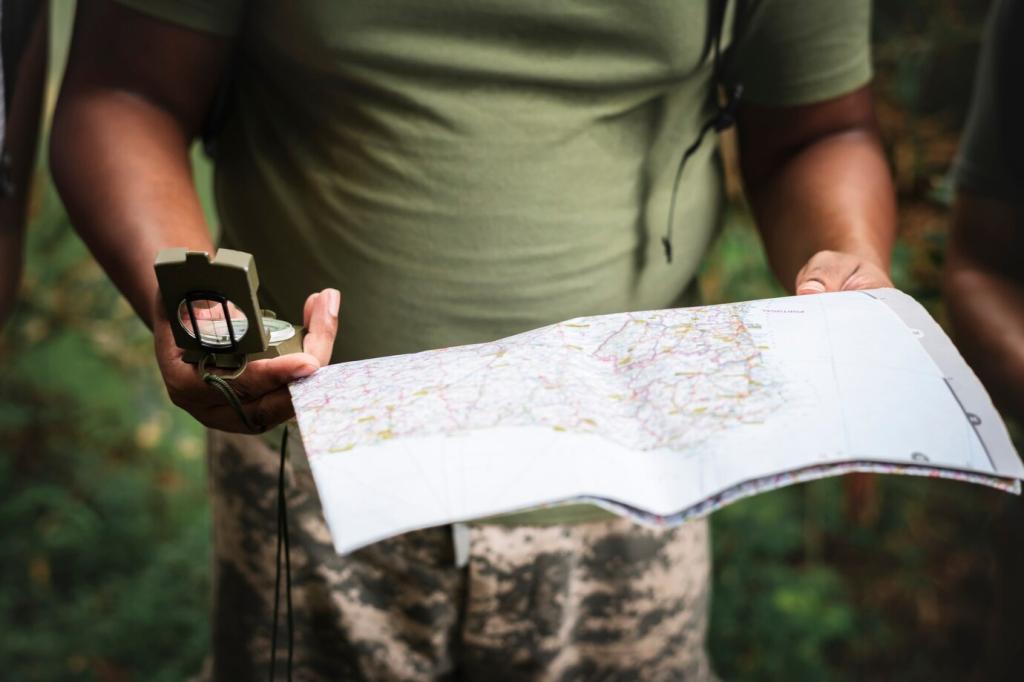
Language Basics Every Tour Guide Should Know in English
Mastering basic language skills is essential for any tour guide seeking to create memorable experiences for international visitors. Clear communication builds trust, enhances safety, and helps guests feel welcomed. Understanding the foundational aspects of English empowers tour guides to manage groups effectively and address the diverse needs of travelers. This guide highlights critical areas of language mastery for tour guides, from greetings to emergency communication, ensuring professional and confident interactions at every step.

Greeting Visitors
A tour guide’s first words often set the mood for the entire experience. Knowing how to greet visitors in English with appropriate enthusiasm and respect invites engagement from the moment guests arrive. Simple expressions like “Good morning,” “Welcome,” or “Hello, everyone” establish a friendly atmosphere and show attentiveness. The use of a warm smile combined with a confident greeting helps even shy guests feel acknowledged. Tour guides should also know how to recognize birthdays or special occasions, using phrases like “Happy birthday!” or “Congratulations!” to personalize the experience.

Introducing Yourself and the Tour
After the initial greetings, the next step is to introduce oneself and the tour itinerary clearly. A concise yet engaging introduction in English conveys professionalism and helps visitors feel acquainted with their guide. Phrases such as “My name is Sarah, and I’ll be your guide today” or “I’m excited to lead you through our city’s highlights” set expectations and build rapport. Guiding guests through the itinerary, mentioning safety tips, and presenting the schedule in simple, understandable language ensures everyone is informed and comfortable from the outset.
Navigating Directions and Instructions
Providing Simple Directions
Being able to give clear, concise directions in English is essential for moving groups through unfamiliar environments. Tour guides use phrases like “Please follow me,” “Turn left at the next street,” or “We will meet back here in 30 minutes” to convey instructions. Emphasizing key landmarks, timeframes, and warnings ensures guests understand what is expected, reducing the risk of anyone getting lost. A confident delivery helps reassure participants, while repetition of important instructions can support non-native English speakers in understanding the message.

Painting Pictures with Words
Describing sights requires a good command of adjectives and vivid language to convey what guests are seeing. Instead of simply stating facts, effective tour guides use phrases like “This ancient castle has towering stone walls” or “You’ll notice the vibrant colors of the garden blooms.” By invoking sensory details—colors, shapes, sounds, and even smells—guides make each moment more immersive for their audience. Clear articulation helps non-native English speakers understand and appreciate the environment around them.
Engaging Storytelling Techniques
A great tour guide knows how to weave facts into compelling stories that spark curiosity and imagination. Using expressions such as “Legend has it,” “Once upon a time,” or “Historians believe…” invites listeners to journey beyond the obvious. By employing pauses, varying tone, and posing rhetorical questions, guides stimulate engagement and interaction. Storytelling bridges the gap between past and present, helping visitors forge personal connections with the places they explore, regardless of their English proficiency.
Making History Accessible
Explaining historical or cultural facts without jargon or overly complex language is crucial for diverse tour groups. Breaking down dates, names, and events into digestible concepts makes the experience inclusive. Tour guides should use simple phrases like “This building was constructed over 200 years ago,” or “She was a famous leader who changed our country’s history.” Paraphrasing and checking for understanding ensure that everyone, regardless of English level, can follow along and gain meaningful insights from the tour.
